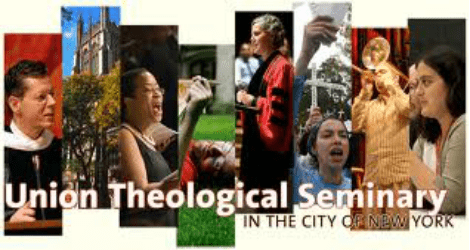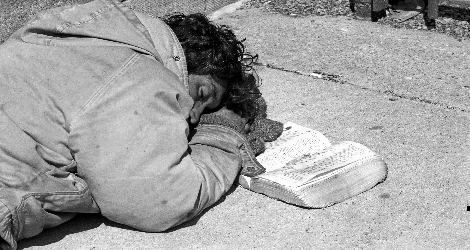 View article in PDF (optimal for printing)
View article in PDF (optimal for printing)
[wpcol_1half id=”” class=”” style=””]
In his 1912 book Christianizing the Social Order, Walter Rauschenbusch wrote:
Business life is the unregenerate section of our social order. If by some magic it could be plucked out of our total social life in all its raw selfishness, and isolated on an island, unmitigated by any other factors of our life, that island would immediately become the object of a great foreign mission crusade for all Christendom.[1]
While Rauschenbusch is clearly appalled by the ethics or lack thereof in American business, he is far from fatalistic. Implicit in his description of the United States economic model is a claim that it is not the only economic model. There are alternatives, and Rauschenbusch dedicated much of his theology to finding them, to describing what he took to be God’s economy.
Rauschenbusch’s vision of a model economy was certainly shaped by the excesses of late 19th and early 20th century capitalism, but it is not inextricably tied to its time and place. Indeed, much of his understanding of what constituted Christian behavior in the economic realm harkened back to the theology of the Reformation and much of it is of contemporary relevance.
[/wpcol_1half] [wpcol_1half_end id=”” class=”” style=””]
Protestant theology at its best has always been concerned with economic life. Indeed, Protestant, and more specifically Reformed theology has been both praised and blamed for creating the worldview necessary for the rise of capitalism. There is much material in the tradition that gives sanction to the type of enterprise on which capitalism is based and there is material as well which sharply criticizes the excesses that capitalism can spawn.
One theme that emerges from Protestant theological reflection on economic life is its connection to the common good. For Calvin human economic life is radically tempered by a demand to serve others. We can also find in the history, however, the seeds of an excessive individualism which, while it runs counter to the spirit of Calvin’s own work, has been attached to Calvinism. Rauschenbusch was attempting to counter this tendency and to reclaim a Protestant heritage which asserted that Christian economic theory was less concerned with value, measured in terms of capital, than with values, measured in terms of obedience to the will of God. This insistence, that economic life should be part of our theological reflection and that it cannot be disassociated from our duties and responsibilities to God and to our neighbor, is the type of narrative which begs to be reclaimed in contemporary theology.
[/wpcol_1half_end]






Unbound Social